This blog was written by Rob J. Gruijters and Nomisha Kurian, Research for Equitable Access and Learning (REAL) Centre at the University of Cambridge.
Low learning outcomes, especially among poor and marginalised students, are a pervasive problem in many low- and middle-income countries. Negative teacher beliefs and expectations may contribute to low learning outcomes among the poor, especially if they are reflected in classroom practices and interactions. We conducted a systematic review of the literature to identify the mechanisms that link teacher beliefs to the wellbeing and educational achievement of marginalised students.
Quantitative evidence show that many teachers hold deficit-oriented beliefs about students from low-income families. For example, a survey conducted in 10 low- and middle-income countries—Afghanistan, Argentina, Indonesia, Myanmar, Nepal, Nigeria, Pakistan, Senegal, Tajikistan and Tanzania—shows that 43 percent of teachers believe that “there is little they can do to help a student learn” if parents are uneducated. An even higher number (47 percent) believes that there is little they can do if the student’s parents have too many personal or financial problems. Essentially, these teachers believe that poor students are ‘uneducable’ and absolve themselves of the responsibility for their low academic performance. This is reflected in their classroom practice: more teachers believe that students deserve extra attention if they are performing well (53 percent) than if they are lagging behind (44 percent).
Qualitative and ethnographic studies from the global South confirm these findings, poignantly illustrating the degree of injustice and discrimination inflicted on poorer children as they navigate education systems around the world. Implicit and explicit biases, which are often rooted in broader societal patterns of inequality and discrimination, are inscribed in: their interactions with teachers and peers, in the way in which their performance is evaluated, in classroom seating arrangements, and in countless other practices of day-to-day school life. In India and Pakistan, for example, it was observed that poor and lower-caste students were given unpleasant menial jobs such as cleaning toilets; made to sit in the back of the classroom; and subjected to harsh corporal punishment. Syrian refugee students in Jordanian schools reported that “teachers shame us and demean us” by cursing, hitting, and using derogatory epithets. Although it is unclear how prevalent such extreme forms of stigmatisation and exclusion are, studies from a variety of global contexts show that poor and marginalised students often lack the support and understanding that they deserve. In turn, this causes disadvantaged students to develop a negative self-image, become silent and withdrawn in class, and even drop out of school altogether.
Based on these findings, we developed a conceptual framework (depicted in Figure 1) that identifies the determinants of teacher beliefs, as well as the various mechanisms that link them to diminished wellbeing and educational achievement for disadvantaged students. Teacher beliefs and prejudices are formed by the cultural, structural, and institutional environment in which they are embedded. For instance, in the exam-oriented teaching cultures prevailing in many Southern countries, teachers are not valued or rewarded for providing additional support to disadvantaged learners. Deficit-oriented teacher beliefs about poor and otherwise disadvantaged students are reflected in teacher behaviour, which can range from subtle forms of discouragement to outright discrimination and harassment. Students from poor backgrounds and their peers internalise these perspectives, leading to a vicious cycle in which detrimental teacher beliefs can become a self-fulfilling prophecy.
Figure 1: Conceptual framework for how teacher beliefs affect disadvantaged students’ learning and wellbeing outcomes
Teacher bias remains an under-appreciated problem, especially in low- and middle-income countries. Poor and marginalised children, many of whom face severe difficulties in their home environments, deserve additional support and care from teachers, but instead they are often met with further victimisation, neglect and prejudice. This can trigger cycles of exclusion where students fall behind in their learning and also suffer threats to their emotional wellbeing, including a loss of motivation and self-confidence. Combating discrimination and encouraging more constructive teacher beliefs can therefore be a promising avenue to improve the wellbeing and educational outcomes of disadvantaged students.
A promising starting point in creating such change is to identify positive teacher beliefs, and the conditions that enable them. The studies we reviewed provide numerous examples of teachers who exhibited care, compassion and understanding in their interactions with children from deprived backgrounds, and who adjusted their teaching to meet their specific needs. These teachers did not deny or ignore the challenges disadvantaged learners face—such as a lack of family support, and extensive household chores—and acknowledged that these may result in learning difficulties and poor classroom behaviour. However, they took it upon themselves to support children in dealing with these challenges and providing them with additional support, rather than responding with punitive measures or exclusion. A crucial distinction between these teachers and others was their sense of responsibility or ‘ownership’ for student outcomes.
Teachers with positive mindsets believed that all students had the ability to learn and that it was within their power to make this happen. They prioritised a strengths-based lens rather than dismissing the intelligence and potential of students from disadvantaged backgrounds. Some even took the initiative to provide students with opportunities for personal and academic growth beyond the classroom. Teachers with positive mindsets can achieve remarkable results while working in very challenging contexts. It would be fruitful to explore the structural and institutional conditions that allow teachers with positive beliefs and attitudes to emerge and flourish. It is also important to remember that the beliefs and prejudices teachers hold originate from, and are reinforced by, broader patterns of inequality and discrimination in society. Any intervention to ‘improve’ teacher mindsets—such as changes in teacher training and incentives—therefore needs to be culturally and institutionally contextualised if it is to produce sustainable, long-term change.

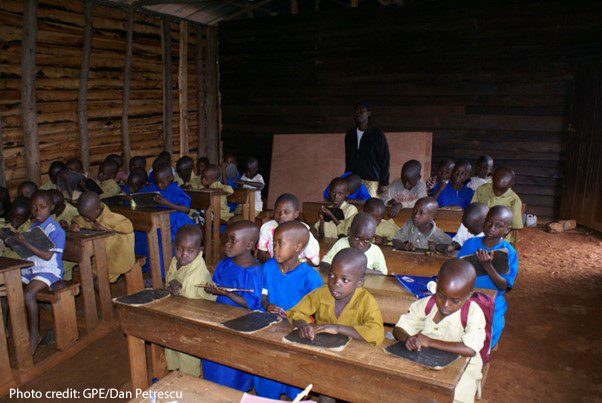
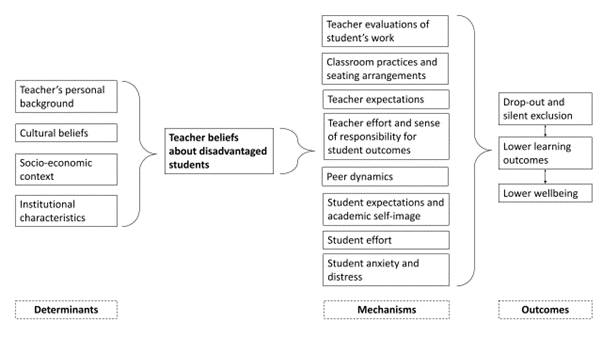
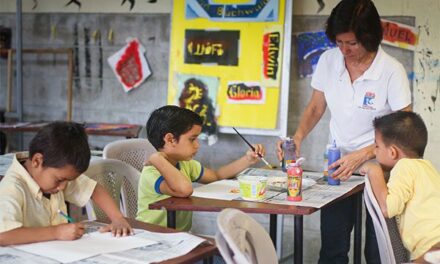
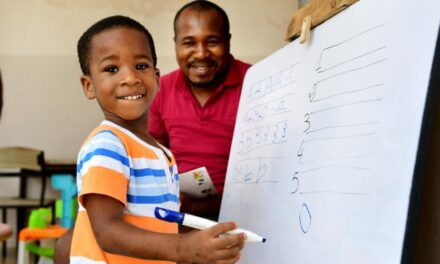
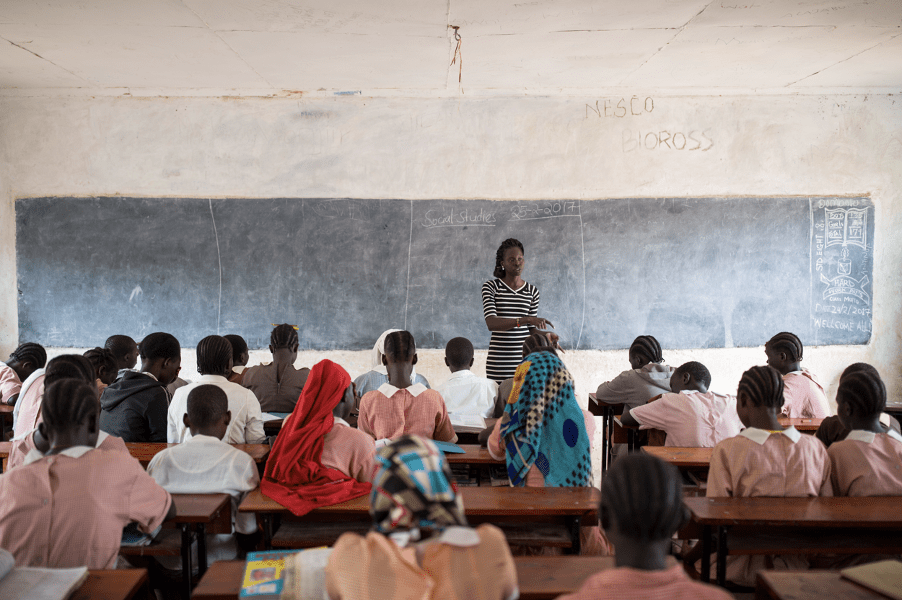

Very interesting survey. See also: https://drive.google.com/file/d/1XRlkVYD9q3I4cFfQ9Zxfbolo0mJYJRsR/view
Thank you for this link, Andy – very relevant to our themes – and we appreciate your engagement with our work!
A very illuminating article! It reminded me of “The Growth Mindset” orientation put forth by Carol Dweck.